Paradise area educators continue their inspiring “above and beyond” teaching despite the challenging learning conditions and dealing with loss and grief. They will be coming together this weekend in a CTA-sponsored event, “Teachers Thrive Together,” which brings together teachers who experienced the Santa Rosa, Delta, Middletown and Redding-Carr Fires.
Meanwhile, student and teachers started back to school
January 3 after the Camp Fire destroyed the town of Paradise, grateful for the support
and resources that has poured in from educators across the country. And, those supporters
want to know how students and teachers are faring.
Teachers Association of Paradise (TAP) President David Smith says faculty and students are working well together. “This was a traumatic situation that brought us all closer together as a family, and we want to work together. Overall, our students’ resilience is amazing.”
“Teachers have done an amazing job adapting to their new teaching spaces and preparing for their students. They greatly appreciate all of the letters of encouragement and donations,” he added.
As much as technology and the ability to connect with social media has become a part of everyday lives, Smith says it’s the “hand-written letters from around the country that have touched me the most. I’ve shed countless tears reading hand-written letters of support and encouragement with donations from teachers and students from California, Washington, Virginia, Nevada, Idaho, Oregon, and other states, and even as far away as Japan. The amount of support from other school districts is staggering and makes me truly appreciate being a part of an organization like CTA.”
He sees teachers are struggling in more than they always want to admit, though. “Teachers’ new ‘classrooms’ aren’t their classrooms, and for those who have lost their home and are in new living situations that isn’t truly their ‘home’. So, there’s still a lot of sadness and stress due to picking up the pieces of their lives and frustration at the lack of support from our own district.”
“Morale is at an all-time low,” Smith noted, adding that Paradise teachers are very nervous about their future. “We just received a memo from the district stating that they are fairly confident in next year’s budget and that they don’t foresee layoffs coming up in March of this year.”
Smith has been working with CTA leaders and staff to push for a bill that will secure funding at pre-fire Average Daily Attendance (ADA) levels, which will secure staffing for five years. “We believe that is the minimum amount of time it will take to rebuild the town of Paradise,” he said.
TAP’s relationship with the school district has been challenging, and often negotiations has been difficult. The disaster provided the board the authority to make decisions prior to meetings, and teachers say they are not consulted and feel left out by the perceived lack of communication. “Every week seems to bring about a new issue, which makes it seem like we’re firefighters trying to put out spot fires before they grow into something too big to overcome,” Smith said with a sigh.
Thus far TAP and Paradise Unified School District (PUSD) have not come to an agreement on additional hardship leave for teachers or compensation for extra work done by TAP members as a result of the Camp Fire. “Six other districts in Butte County have already completed MOU’s for hardship days, but TAP is still negotiating language “on something that is so minor in the scope of this massive, unprecedented disaster. This leaves our teachers feeling unsupported by their own employer,” he said.
Despite this, teachers are doing an extraordinary job in extraordinary conditions. Teachers say students are adapting well and are enjoying the differences that are being made daily to each “classroom” setup. Detailed classroom wish lists are being complied because teachers still have little to no room to store “stuff.” Meanwhile, the CTA Disaster Relief Fund has provided grants to 338 teachers and the CTA Chico Service Center Disaster Fund provided $350 Costco cash cards, totaling some $133,000, to members. Anyone still wanting to donate to the Relief Fund can send checks to CUTA Fire Relief – 819 East Fifth Ave, Chico, CA 95926.
What are the teaching and learning conditions
like?
- Noise is an issue for students and teachers at Paradise High School, now located in the Fortress warehouse. Partitions divide all of the classes and noise and distraction make it not an ideal learning environment. Because of that, many students have switched to an E-Learning program. Limited stairwell space creates bottlenecks during passing periods, Educators share or move to different classrooms every period based on their class sizes, so each teacher has their own classroom in a box-on-wheels that they unload and unpack every class period. There is limited heating in some areas, such as shop classes, and a chain link fence divides many “classes” from areas such as PE.
- Paradise Intermediate School is now located in an empty Orchard Supply Hardware store. The store was dirty and nothing was ready for the start of classes January 3, so teachers, some of their classified staff and their co-principals showed up early to clean the place, to remove racks on the isles and to even bring tables and chairs. It took them five days to turn an abandoned warehouse into a makeshift school. Students study in makeshift classrooms, which are actually aisles in between racks that are bolted to the floor. Noise is a problem for students and the teachers. The massive hardware store is a large concrete warehouse so voices and noises echo, making it difficult for students to hear lessons.
- Ponderosa Elementary, now located in Durham, is doing better than in December because they received five portables over the winter break. Classes were split up so that class sizes are now more reasonable. Students and teachers alike appreciate the decrease in noise level due to that change. The portables are a quarter of a mile away from the rest of the school, however, and it’s a 10-minute hike each time a class or a teacher walks to the main facility. Teachers don’t have a printer in their portables, causing multiple unexpected walks, and the students hike back and forth six times a day; after breakfast to start school, recess and back, lunch and back, and at the end of the day back to the buses. Within the first two weeks of school Durham experienced flash flood warnings, which triggered multiple student breakdowns and PTSD incidents.
- Paradise Elementary School, now located in Oroville, also received portables over winter break, which helped decrease class sizes. Noise levels and the loss of a principal have caused teachers to struggle with communication, support and resources.
- Pine Ridge School faculty were happy to get back to their facility in Magalia over the winter break. While being back in their own classrooms perked their spirits, discipline issues in the first weeks back in school were challenging.
- Cedarwood Elementary, the only school not directly affected by the fire, is struggling to keep staff because teachers must drive through the devastation to get to the building, unexpected large class sizes, and a lack of administrative support. Teachers resigned or have gone out on disability, leaving the school short staffed and PUSD is having difficulty finding substitutes. Current staff are not volunteering to transfer and teachers are concerned PUSD may insist on involuntarily transfering teachers, which is problematic.
(Photos below by Mike Patterson)
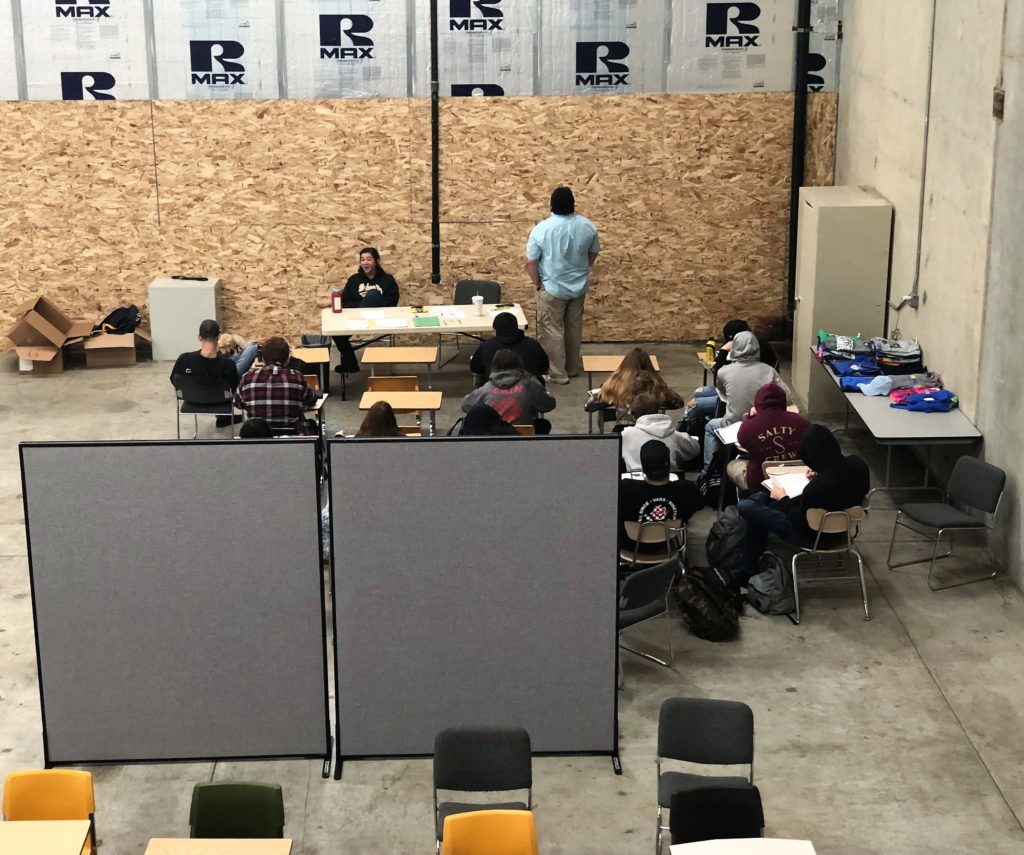
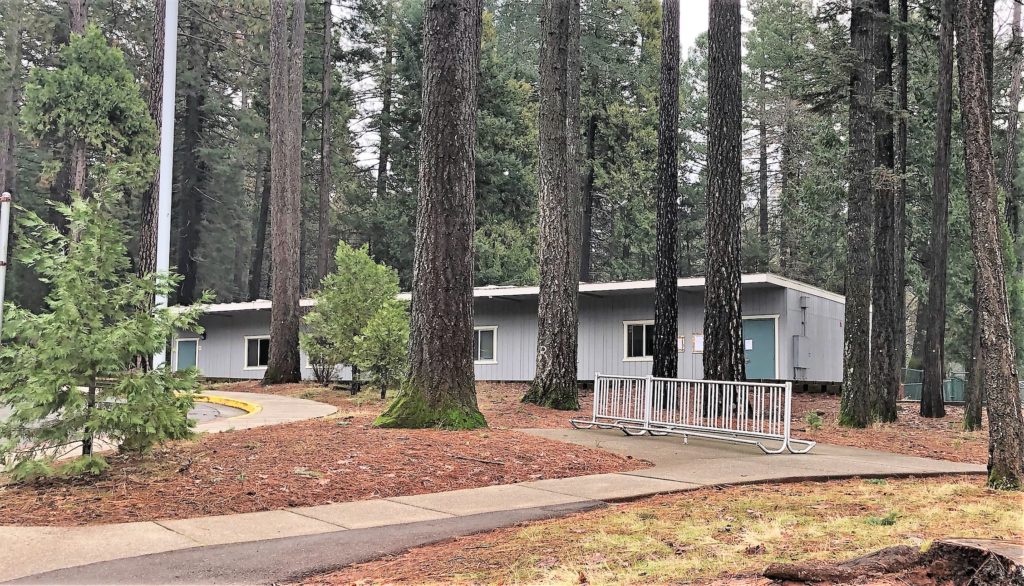
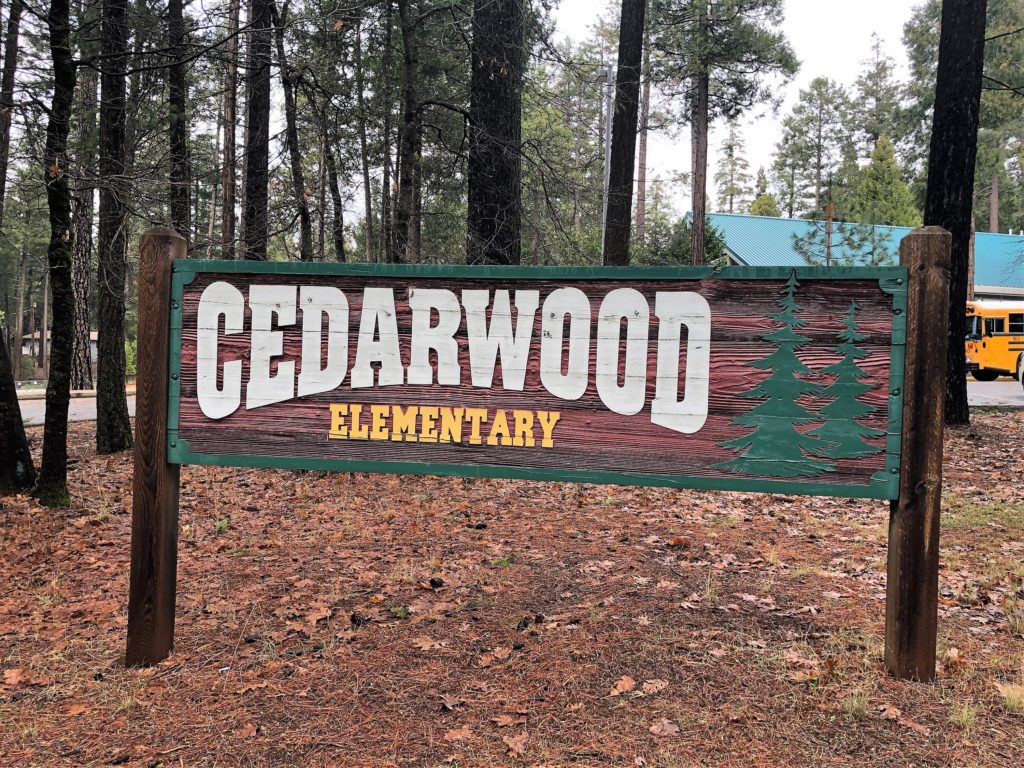
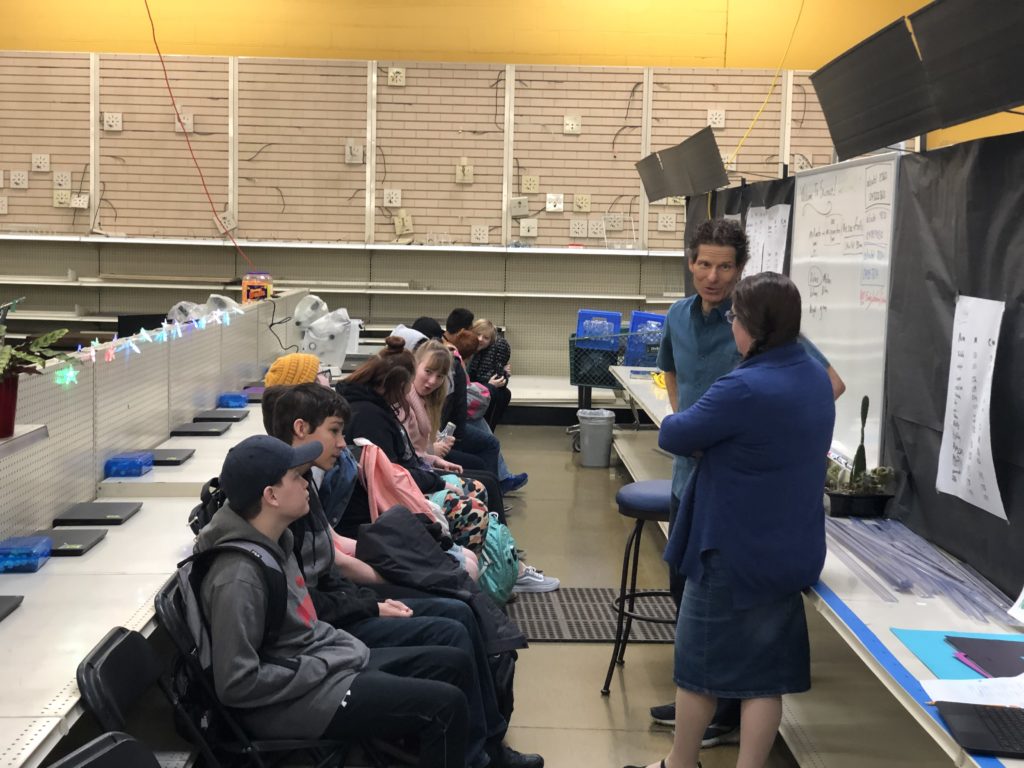
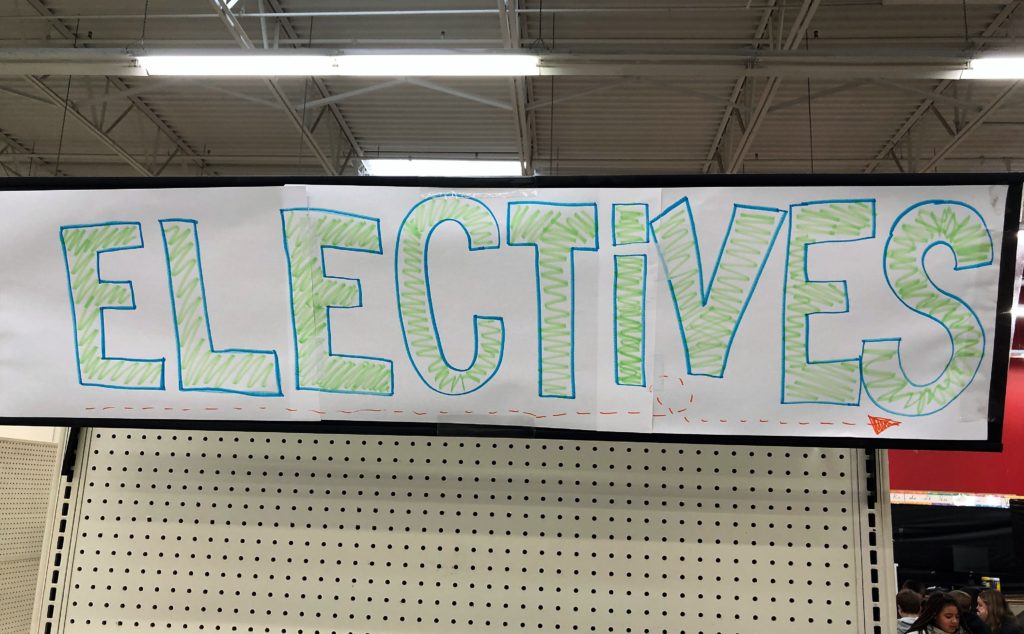
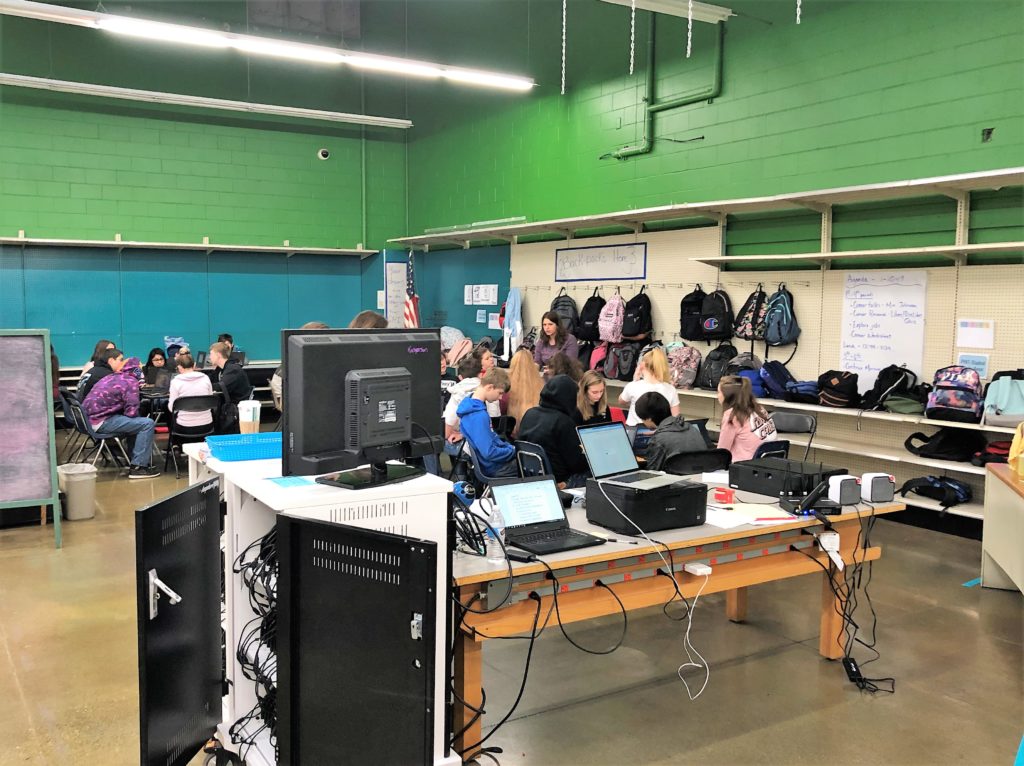
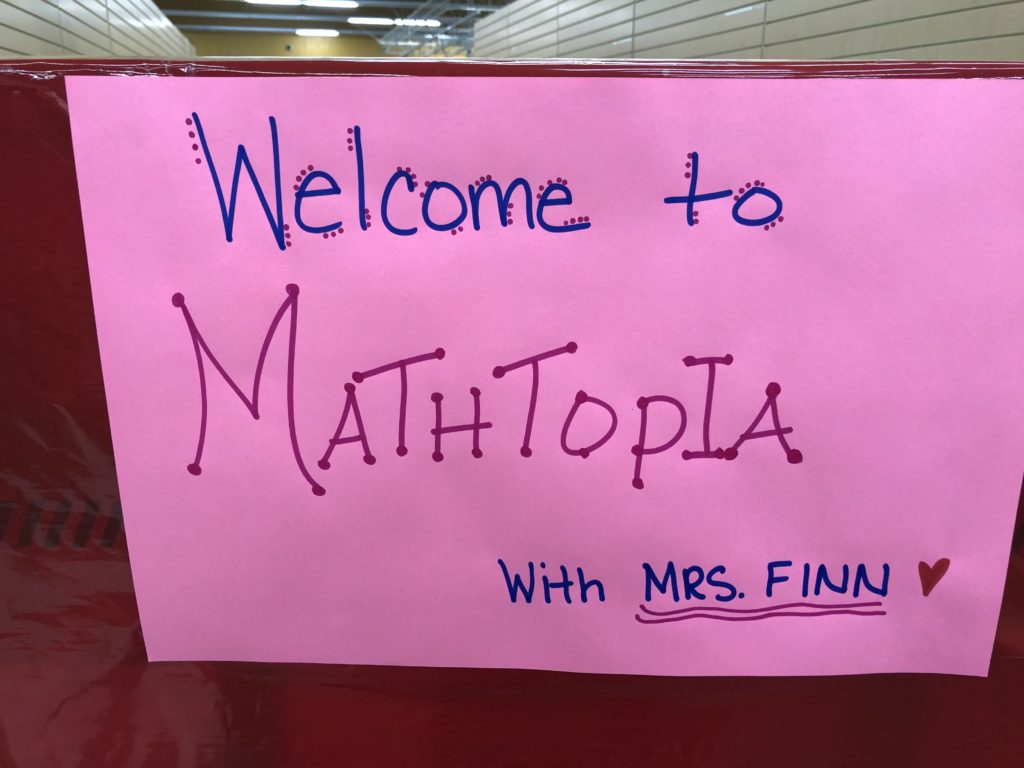
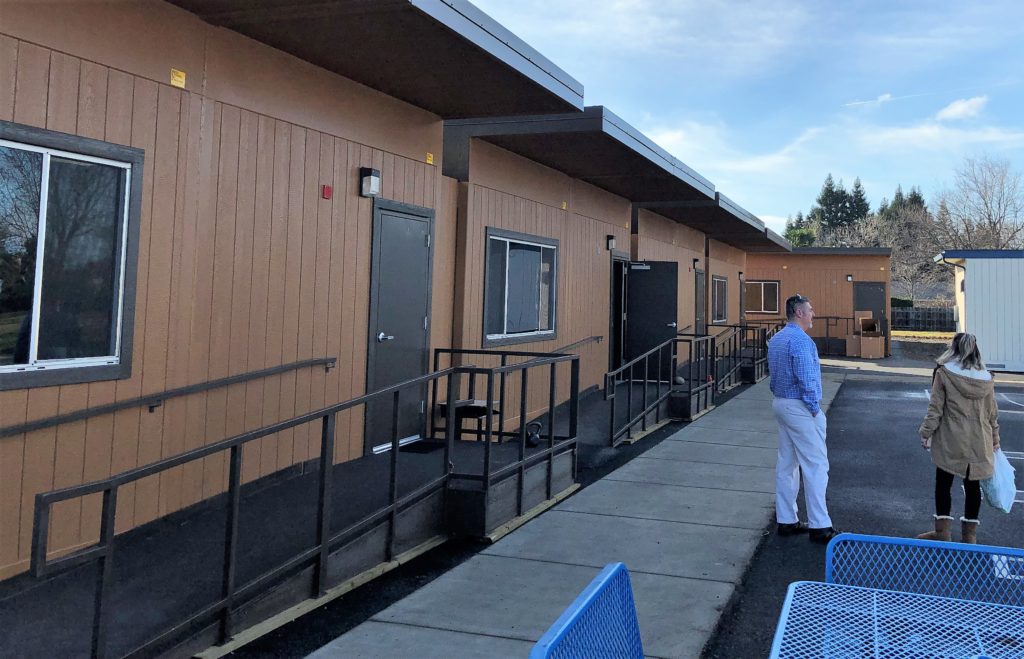

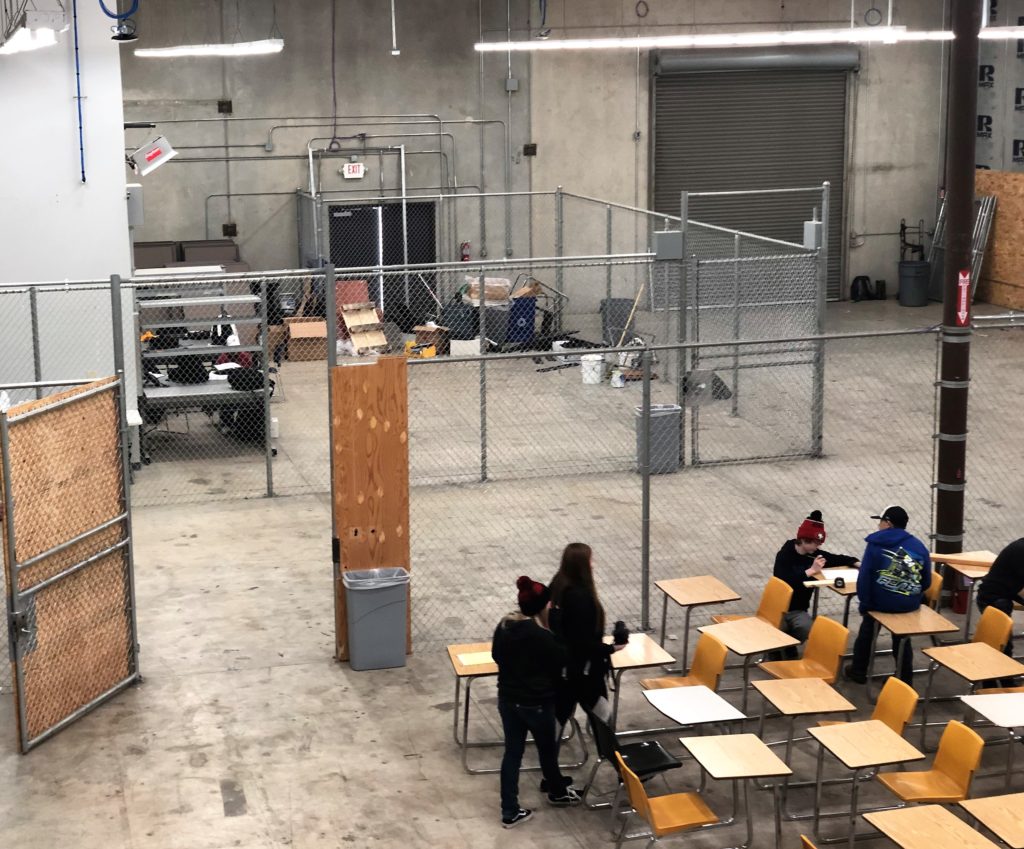
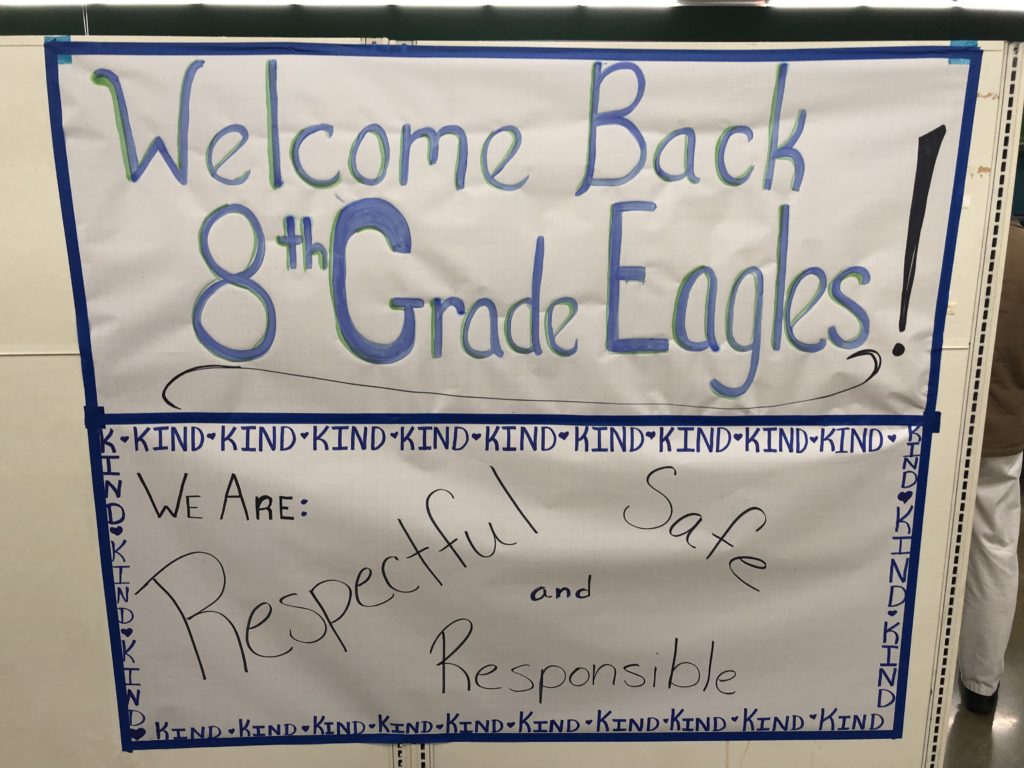
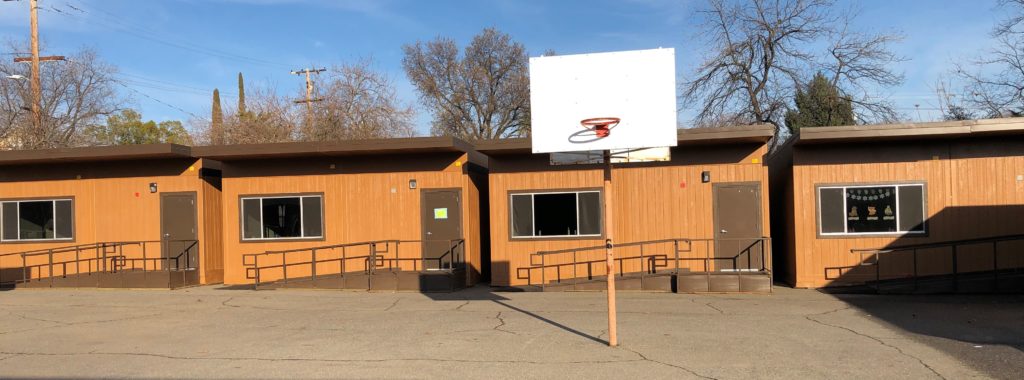
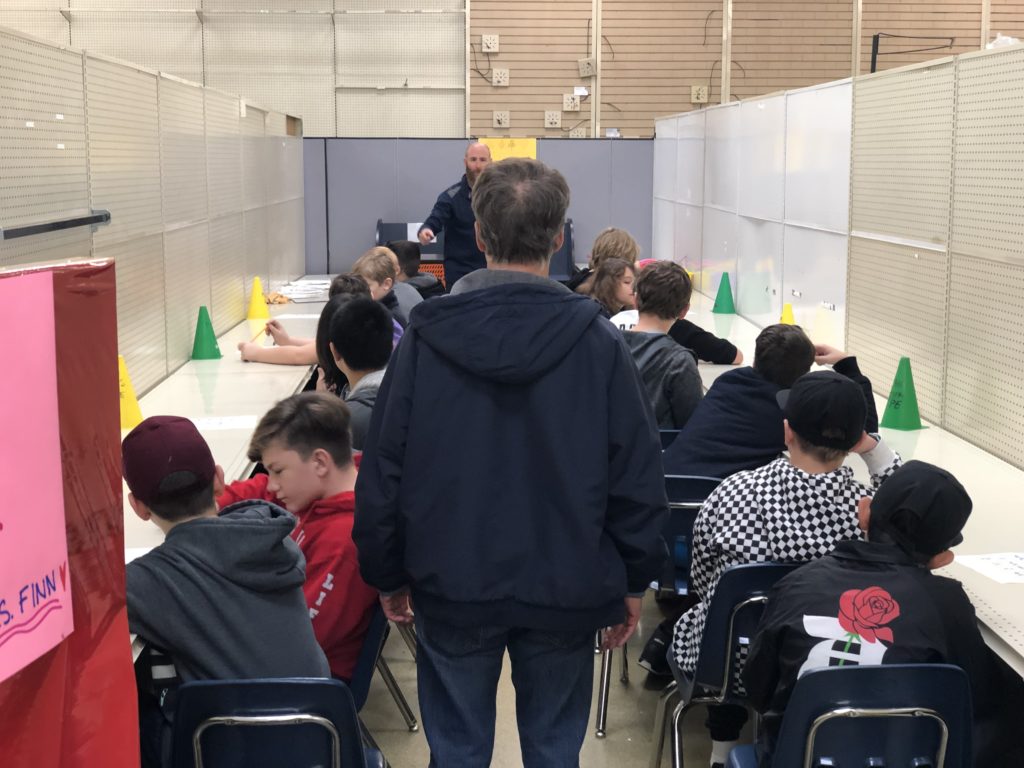
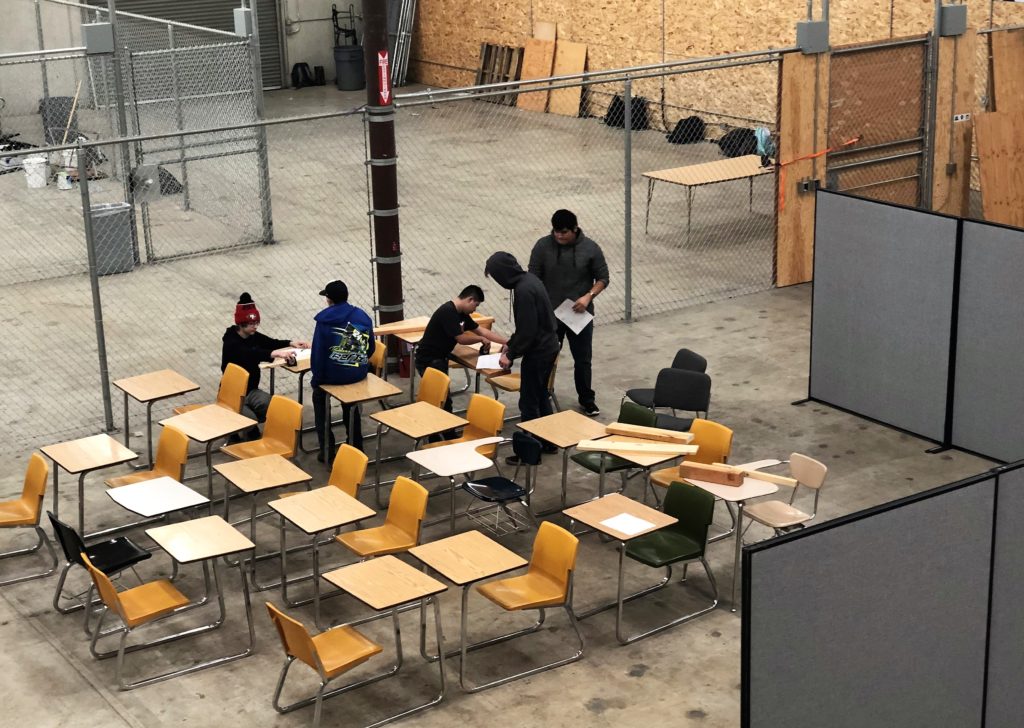

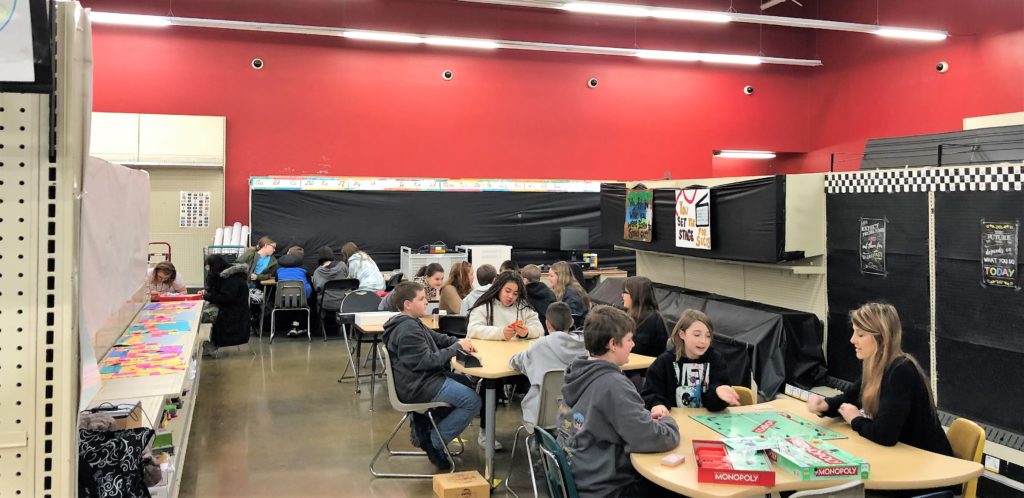
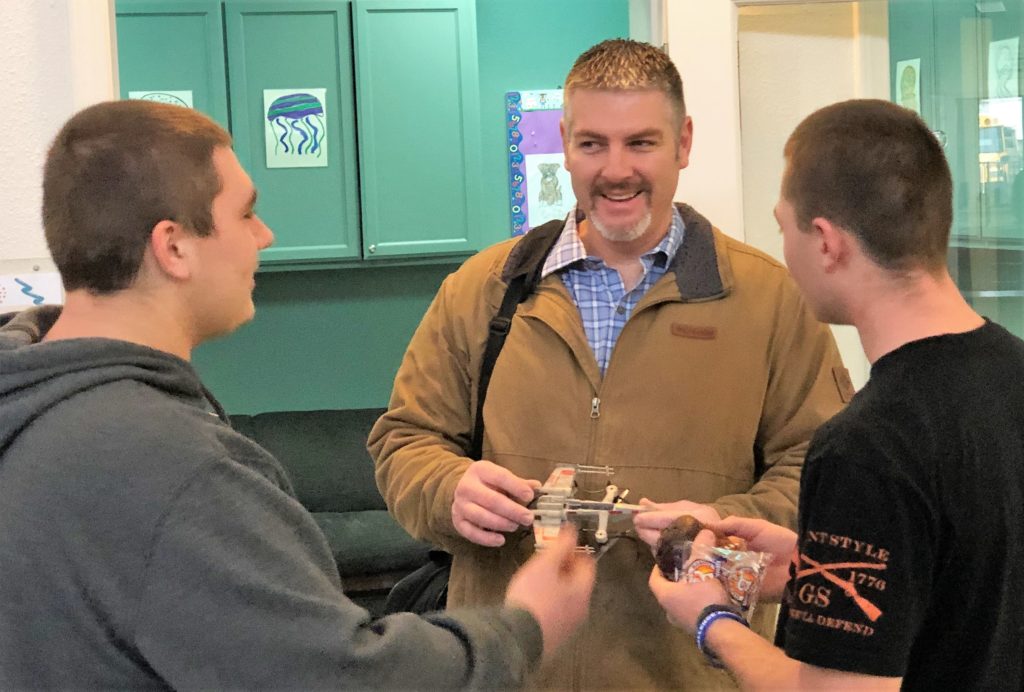

The Discussion 0 comments Post a Comment